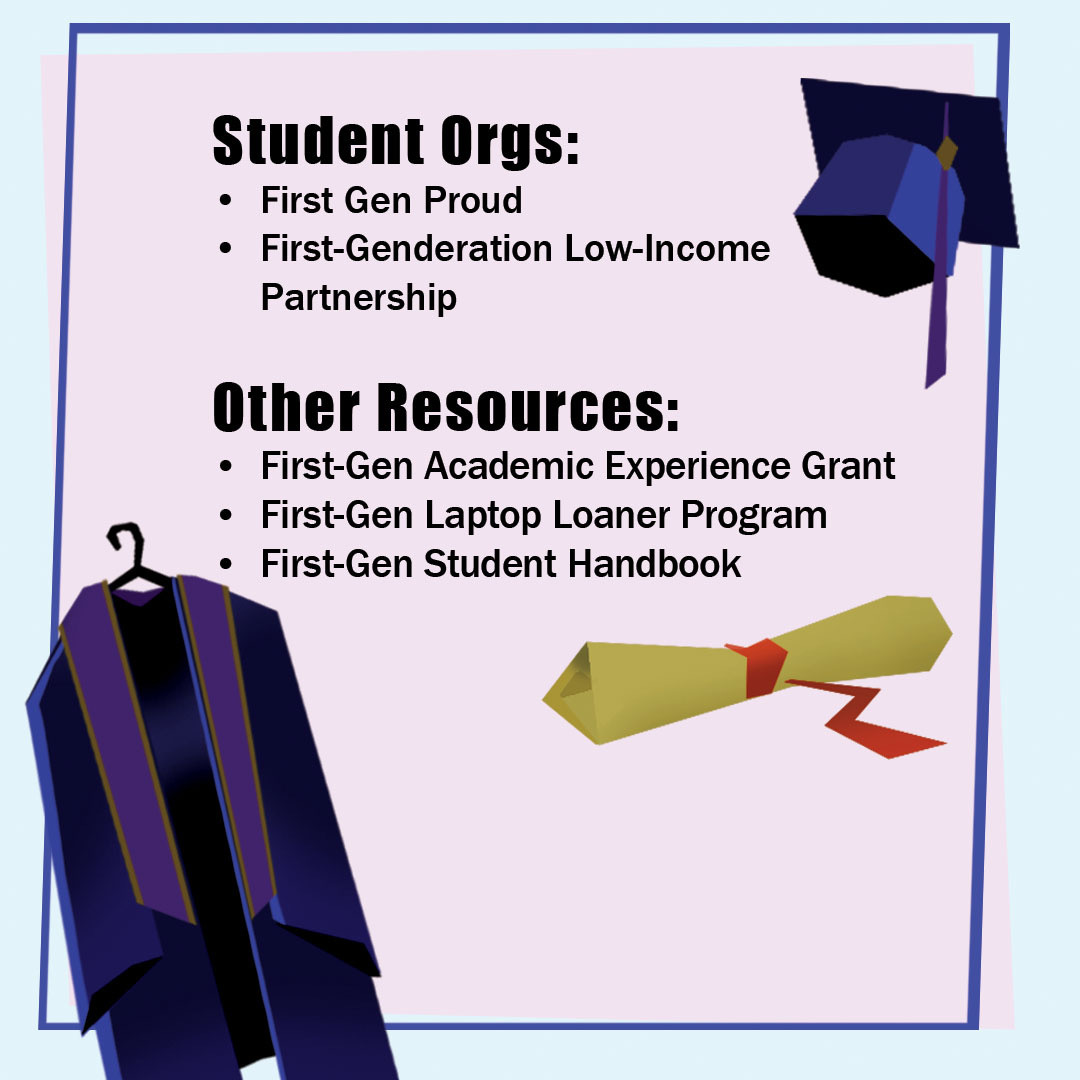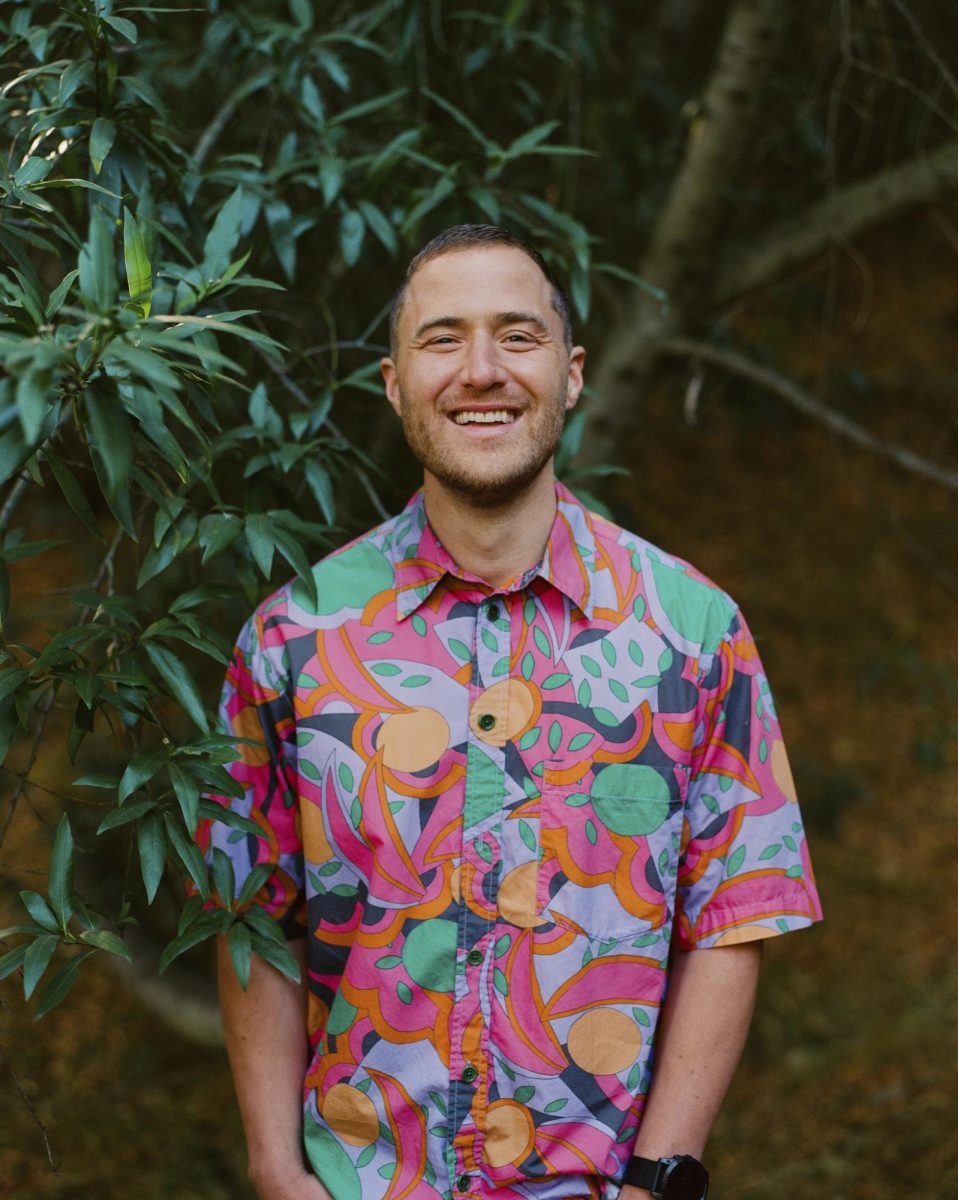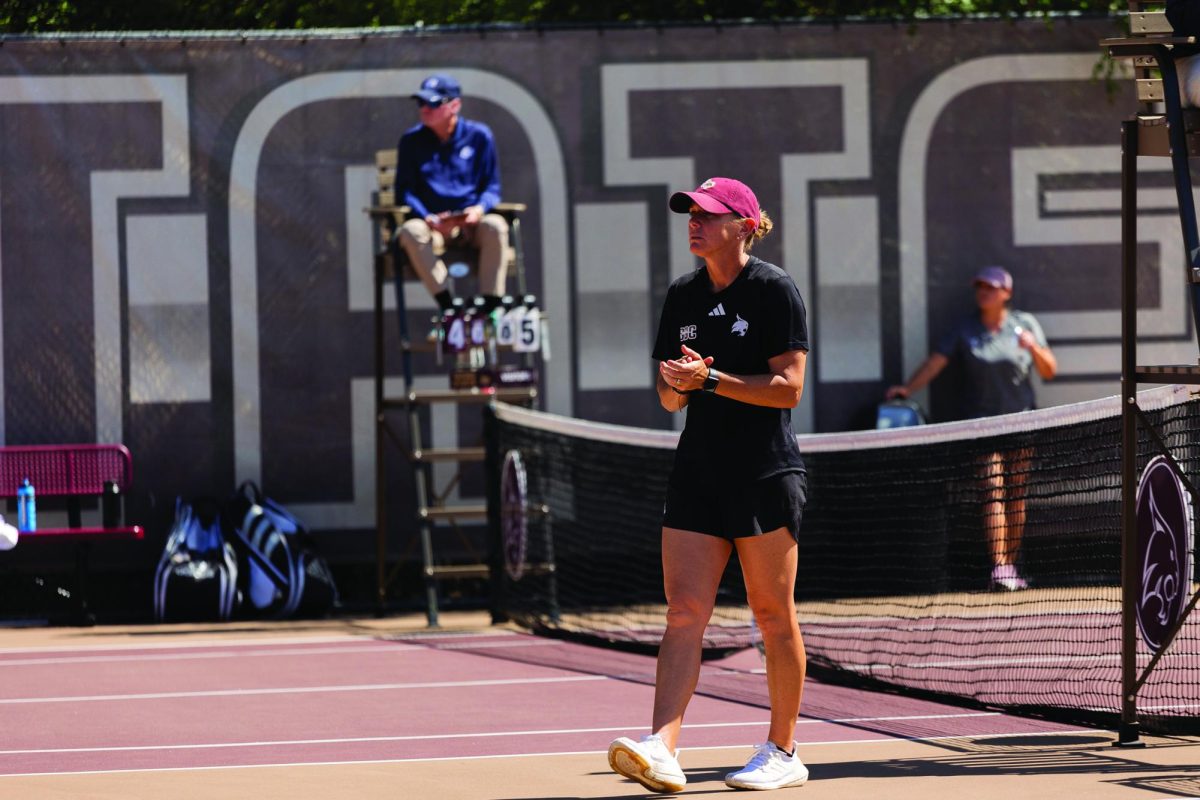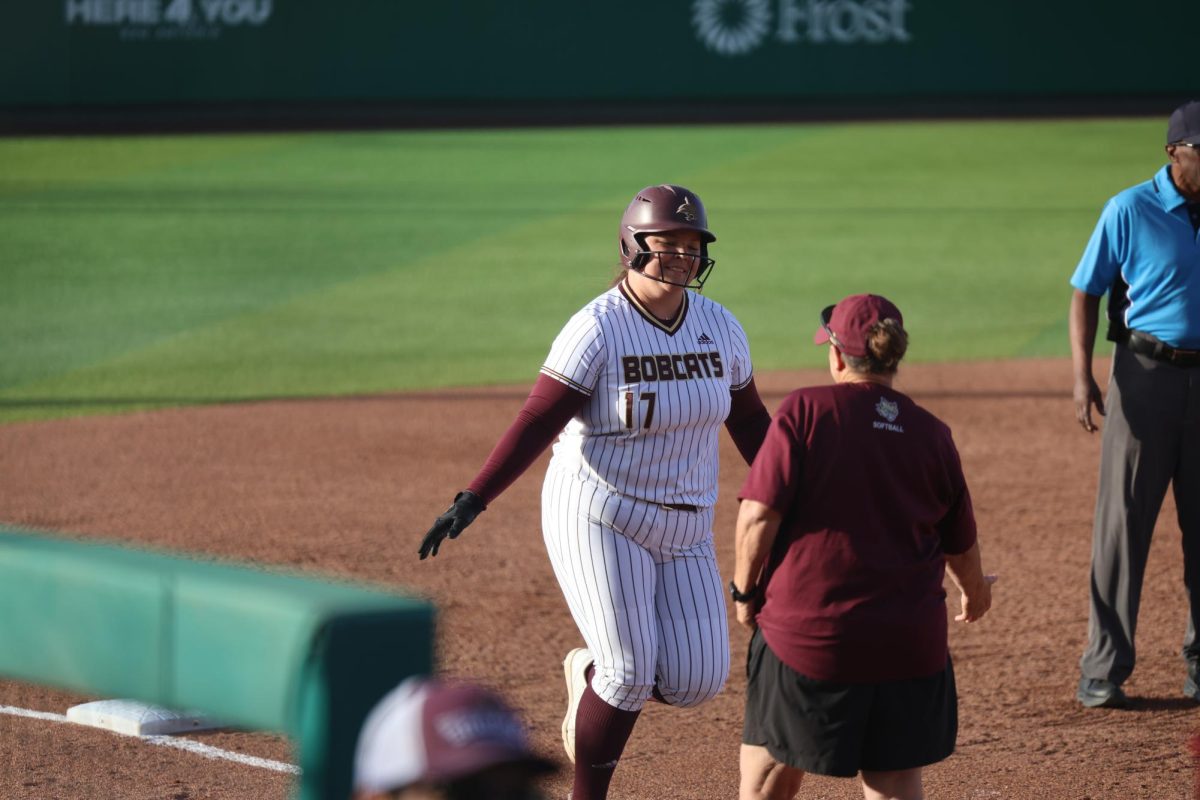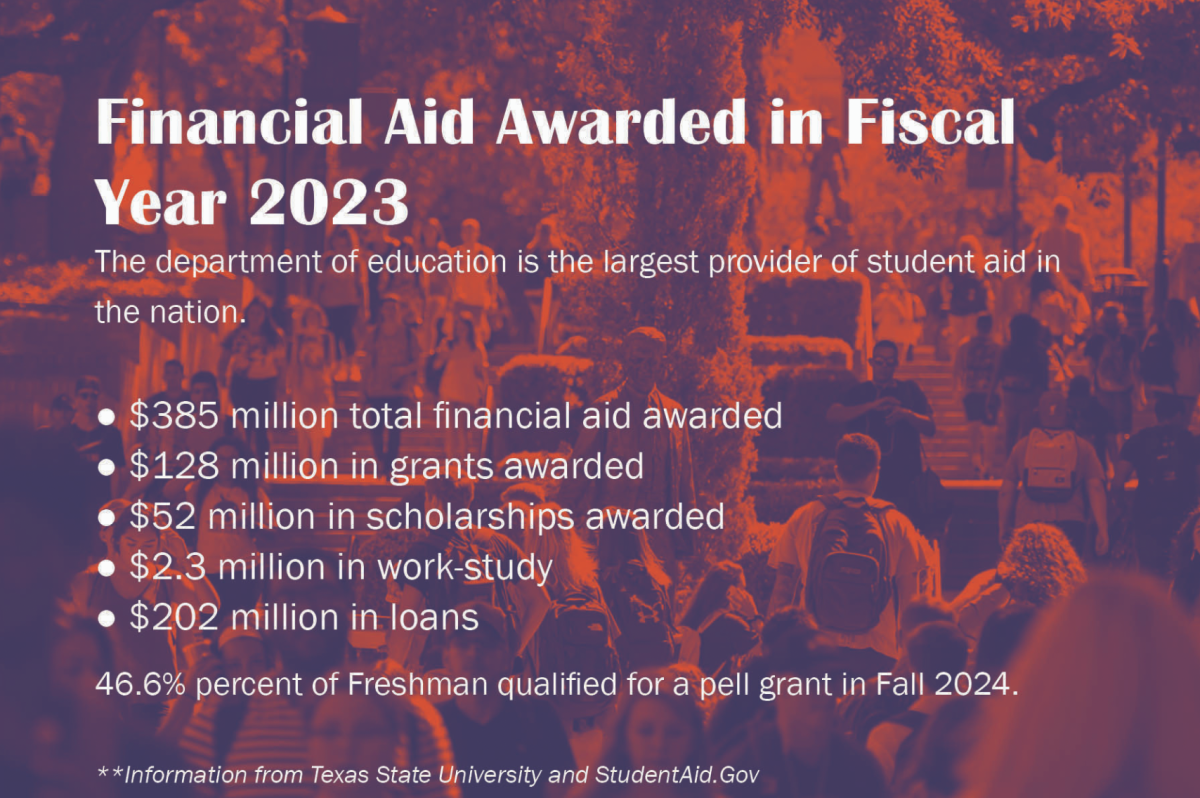Texas State is expanding new resources and programs to support the growing first-generation student population.
Texas State’s Division of Student Success announced the establishment of the First-Generation Career Scholars Network aimed to expand career exploration and readiness for first-generation students through workshops, career coaching, scholarships and internship opportunities..
“It’ll help first-generation college students start thinking about their career early, and then provide scaffolding support throughout their academic journey,” Victoria Black, assistant vice president for student success and director of academic engagement, said.
First-generation students are defined as those whose parents or guardians did not attend or graduate from a four-year institution.
In a written interview with The Star, Rafael Almanzar, director of peer mentoring and first-gen student success, wrote Texas State offers various workshops and programs to support first-generation students in college.
“The hidden curriculum is a term that implies that students know how to navigate higher education but are not explicitly taught,” Almanzar wrote. “To help decode the hidden curriculum, we offer first-gen specific University Seminar courses [in the fall] that are taught by a first-gen faculty or staff and have a first-gen peer mentor.”
Kyrsten Perez, healthcare administration junior and first-gen peer mentor, said she has seen the struggle first-generation students face as they transition into college without any prior knowledge or support.
“I’ve noticed that within my first generation class, just seeing them going to the class with the same group of students every week, was that they start super to themselves and super standoffish, very quiet,” Perez said.
As of fall 2024, 40.4% of first-year students identify as first-generation.
Ulises Mena, exercise sports science sophomore, said while being a first-generation student is a huge responsibility, he works to make his family proud.
“Being the first one to go to college in my family and my family, we’re a low-income Mexican family, but me going to college, being a first gen makes me feel important and I want to succeed, just to help my parents,” Mena said.
Black said first-generation students struggle to navigate university due to a lack of knowledge of the available resources and opportunities for them on campus.
“They might not know what kind of questions to ask and where they can go for support,” Black said. “They can’t go back to their family members and start asking those questions, because they have been trailblazers in their way that they’re pursuing their college educations for the first time,”
Perez said having mentors who share the same experiences as first-generation students encourages them to explore new opportunities and build connections.
“It’s just really cool to see how they’re getting more comfortable in their skin and seeing how they’re able to navigate through the university and the events and things independently now,” Perez said.
Black said other resources aimed to support first-generation students include the opening of a first-generation lounge space on the second floor of Commons Dining Hall where students can build new connections.
“They can hang out with other first-gen students, start building a network, but also just have a space for them,” Black said. “It’s a shared space between our first-gen students and our students that are participating in our Bobcats Bounce Back program.”
From Nov. 4-8, First Generation Initiatives will host its annual First Gen Week with over 30 events aimed to celebrate and acknowledge first-gen student success.
“It is a national recognition to celebrate all first-gen students across all higher education institutions for being the first to pursue a post-secondary degree,” Almanzar wrote.
Perez said she encourages first-gen students to not be afraid to ask questions and to seek help whenever they may need it.
“Don’t be afraid to speak your mind, and when you need to, just because your voice and you being able to speak to give your perspective on things go so far, and it really gets you seen and noticed,” Perez said.



